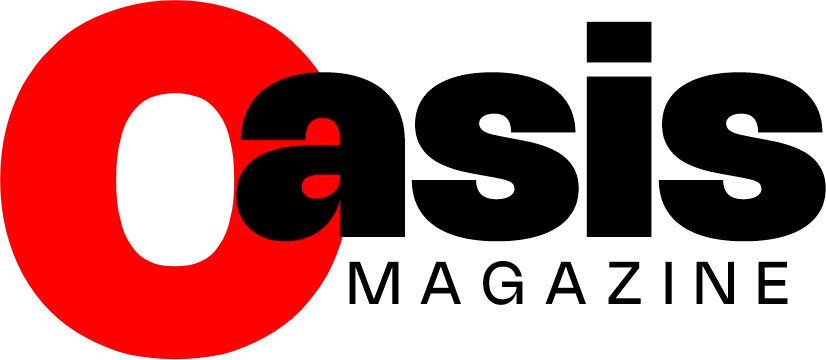You board a crowded city bus on a sweltering summer day. The air is thick with the silent, grumpy energy of commuters shielding themselves from the world. Then, something remarkable happens. The bus driver greets you not with a grunt, but with a warm, genuine welcome. He’s engaging everyone, offering cheerful advice, transforming the entire atmosphere. By the time you step off, the collective mood has lifted. You’ve just witnessed a masterclass in emotional intelligence—and it’s more powerful than you know.
This isn’t just a feel-good story. According to Daniel Goleman, the renowned psychologist and author of the international bestseller Emotional Intelligence, this human skill set is becoming the ultimate differentiator in our increasingly automated world. While AI masters cognitive tasks, our ability to connect, empathize, and lead with heart remains uniquely human—and it’s what separates adequate performers from truly outstanding ones.
In this article, we’ll break down Goleman’s framework for EQ, explore why it trumps IQ in the professional arena, and provide a practical guide for cultivating it to become a better leader and a more impactful person.
The AI Takeover & The Human Constant: Where EQ Thrives
Let’s be clear: cognitive ability (IQ) matters. It gets you in the door. IQ predicts academic success and the trajectory of your starting career, determining whether you can become a doctor, lawyer, or executive. But once you’re in that boardroom or hospital, something shifts.
“Once you’re in those professions, everybody else is about as smart as you are. That’s where emotional intelligence kicks in.”
This is the great revelation. When everyone has a high IQ, it’s your emotional intelligence that determines whether you sink or swim. It’s the defining factor in who emerges as an outstanding leader, a trusted colleague, and a peak performer.
Deconstructing Emotional Intelligence: The Four Pillars of EQ
Goleman’s model, refined through decades of research, moves beyond a vague concept into a learnable set of skills. He structures them into four fundamental domains:
1. Self-Awareness: The Bedrock of Excellence
This is the foundational skill. Self-awareness means understanding your inner world—recognizing your feelings as they happen, comprehending how they color your thoughts, and perceiving the impulses they trigger.
Why it matters: Goleman’s research reveals a critical insight: those low in self-awareness struggle to build strength in any other EQ domain. It’s the linchpin. Those who possess it, however, can systematically develop excellence across the board.
2. Self-Management: Mastering Your Inner Universe
Knowing your emotions is one thing; managing them is another. Self-management is your ability to handle disruptive emotions and impulses—to stay focused and composed under pressure.
In an era of rising road rage and workplace tension, this skill is no longer a “soft” skill—it’s essential for professional resilience and personal well-being.
3. Social Awareness: The Power of Empathy in Action
This is the outward component of empathy. Social awareness means tuning into other people’s emotional cues, understanding their perspectives, and genuinely caring about their concerns.
“This is what you want in your parents, your spouse, your friends… and this is what you want in your leaders.”
It’s the non-negotiable trait for anyone who seeks to influence, guide, or connect with others on a meaningful level.
4. Relationship Management: The Art of Putting It All Together
This is where the first three skills culminate. Relationship management is your ability to use your awareness of yourself and others to interact successfully—handling conflict constructively, communicating clearly, and building strong bonds of trust and rapport.
The Leadership Multiplier: How EQ Dictates Organizational Culture
The impact of a leader’s emotional intelligence isn’t abstract; it’s physiological and palpable. Research from the Yale School of Management confirms that emotions are contagious, and they flow from the leader outward.
A leader radiating anxiety and stress will infect their team, causing performance to nosedive. A leader who projects enthusiasm and calm will create a climate where people feel safe, supported, and motivated to do their best work.
A leader with low EQ may grind out short-term results through fear, but they are burning out their best talent and draining the organization’s long-term vitality.
The result? Your most talented employees will leave as soon as they can. The takeaway is stark: EQ isn’t just about being nice; it’s a strategic imperative for sustainable success.
How to Rewire Your Brain for Higher EQ
The best news? Unlike the static nature of IQ, your emotional intelligence is malleable. It’s learnable at any stage of life through neuroplasticity—the brain’s ability to form new neural pathways.
Goleman suggests a simple, powerful place to start: become a better listener.
- Identify the Habit: Admit, “I have a habit of interrupting and planning my response instead of listening.”
- Set an Intentional New Sequence: Make a conscious effort to let the other person finish, paraphrase what they said to ensure understanding, and then offer your thought.
- Embrace the Discomfort: Initially, it will feel as awkward as crossing your arms the opposite way. But with persistence, this new neural pathway strengthens until it becomes your new automatic habit.
The Ripple Effect: Toward a More Emotionally Intelligent World
Goleman’s vision extends beyond the office. He imagines a society with higher collective emotional intelligence—one with more effective parents, more compassionate communities, and a greater shared concern for our environment and each other.
It starts with that bus driver, George Brown, who saw his job not as moving people from point A to point B, but as tending to his flock. It continues with each of us choosing to cultivate self-awareness, manage our reactions, practice genuine empathy, and foster healthier relationships.
The future may be automated, but the heart of progress remains human. The question is, which part of that future will you help build?




